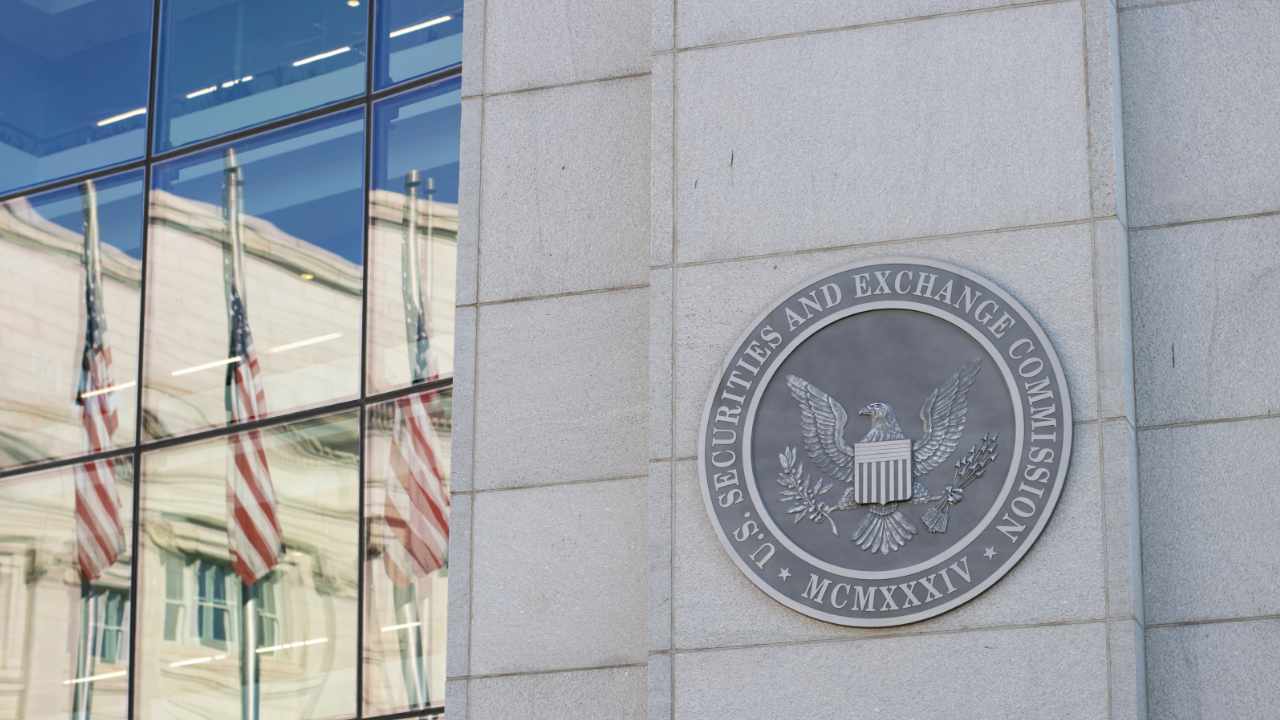The Dawn of a New Crypto Era: Reforming Regulation in the US
Introduction
The cryptocurrency landscape is undergoing a seismic shift, driven by a concerted effort to bring order to the digital Wild West. The United States Securities and Exchange Commission (SEC), backed by the White House, is spearheading a comprehensive overhaul of crypto regulation. This isn’t merely about imposing stricter controls; it’s about striking a delicate balance between fostering innovation and safeguarding investors. The journey ahead is fraught with challenges, but the potential rewards—ensuring the US remains a leader in the global digital economy—are immense.
The GENIUS Act: A Cornerstone for Stablecoin Regulation
The GENIUS Act stands as a beacon of regulatory clarity in the stablecoin market. Stablecoins, designed to maintain a stable value relative to traditional assets like the US dollar, have become integral to the crypto ecosystem. However, their unregulated nature has raised concerns about financial stability and systemic risks.
The GENIUS Act aims to address these issues by establishing a robust federal framework. Key components include:
– Reserve Standards: Ensuring stablecoins are backed by high-quality assets to maintain their peg.
– Regulatory Oversight: Implementing licensing requirements and ongoing supervision for stablecoin issuers.
– Interoperability: Facilitating seamless integration with existing financial systems and other digital assets.
By providing a clear and consistent regulatory framework, the GENIUS Act paves the way for stablecoins to play a pivotal role in payments and financial applications, unlocking their full potential while mitigating risks.
White House Blueprint: Tax Clarity and Regulatory Roles
The White House is playing a crucial role in shaping the future of crypto regulation. The White House blueprint assigns tax responsibilities to the Treasury and IRS, providing much-needed clarity on the tax treatment of digital assets. This step is vital for fostering mainstream adoption, as it helps individuals and businesses navigate the complex world of crypto taxation.
Additionally, the blueprint urges legislative cooperation to redefine the roles of the SEC and the Commodity Futures Trading Commission (CFTC). The blurred lines between securities and commodities in the crypto space necessitate clearer definitions of their respective jurisdictions. This could involve:
– Security Test: Establishing a clear test to determine whether a digital asset is a security.
– CFTC Authority: Defining the scope of the CFTC’s authority over digital asset commodities and derivatives.
– Interagency Cooperation: Creating a framework for the SEC and CFTC to work together effectively.
SEC’s Evolving Approach: From Enforcement to Clarity
Under new leadership, the SEC is shifting its approach to crypto regulation. Moving away from a primarily enforcement-focused strategy, the SEC is now emphasizing regulatory clarity and market development. This shift is evident in several key developments:
– Crypto Task Force: The SEC has established a dedicated task force to develop a comprehensive regulatory framework for crypto assets.
– Easing Enforcement: There are signals that the SEC is reducing enforcement actions, focusing instead on providing clear regulatory guidelines.
– Market Regulation Proposals: The SEC has expressed support for proposals to enhance oversight of the crypto market, ensuring that digital asset securities transactions are subject to the same trade reporting requirements as standard securities.
This balanced approach signals a willingness to collaborate with the industry to develop a regulatory framework that fosters innovation while protecting investors.
Challenges and Opportunities Ahead
The path to comprehensive crypto regulation is not without its hurdles. The SEC faces several challenges as it navigates the complex and rapidly evolving world of digital assets. These include:
– Defining Decentralization: Determining what truly constitutes a decentralized cryptocurrency or project remains a key challenge.
– Technical Expertise: The SEC needs to develop the technical expertise necessary to understand and regulate digital assets effectively.
– International Coordination: Ensuring that crypto regulations are consistent globally to avoid regulatory arbitrage.
– Political Pressures: Navigating political pressures that could complicate regulatory efforts.
Despite these challenges, the opportunities presented by comprehensive crypto regulation are significant. By providing regulatory clarity and fostering innovation, the SEC can:
– Protect Investors: Reduce the risk of fraud and manipulation in the crypto market.
– Promote Innovation: Encourage the development of new and innovative crypto products and services.
– Enhance Market Integrity: Increase transparency and accountability in the crypto market.
– Solidify U.S. Leadership: Ensure that the US remains a leader in the global digital economy.
A Future-Proof Framework
The SEC’s ongoing crypto reform represents a pivotal moment in the evolution of digital assets. By embracing a balanced approach that prioritizes regulatory clarity, investor protection, and innovation, the SEC can create a future-proof regulatory framework. This framework will allow the crypto market to thrive while mitigating its risks. It’s not just about regulating crypto; it’s about shaping the future of finance and ensuring that the US remains at the forefront of the digital revolution.





